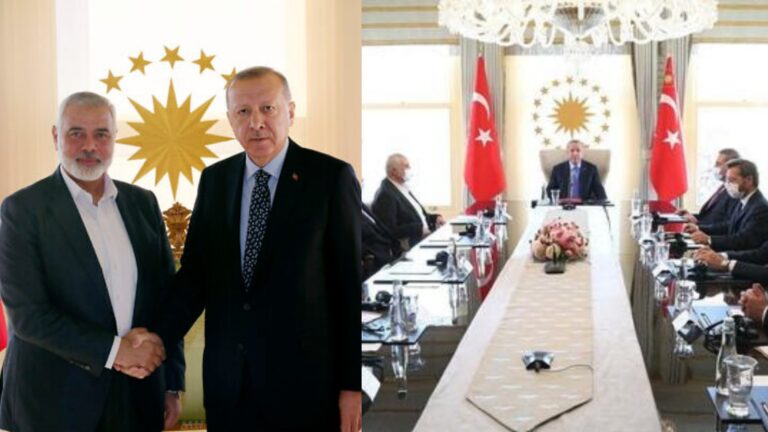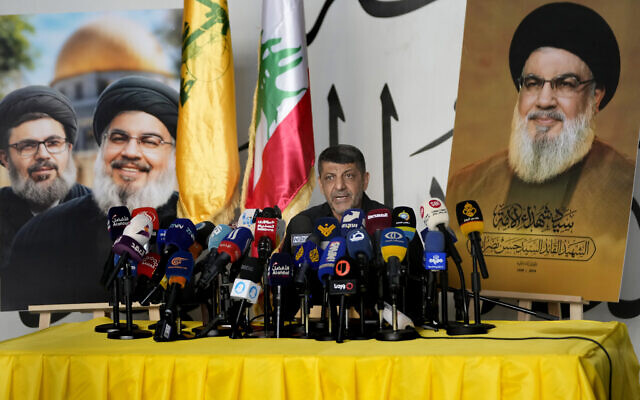 By: Ezra Friedlander
By: Ezra Friedlander
Recently, due to President Obama’s ill-conceived abstention of UNSC resolution 2334 “to condemn Israeli settlements in the disputed post 1967 territories”, there has been a feverish focus around the paralyzed ‘peace process’ between Israel and the Palestinian Authority.
The unwanted attention and subsequent conversation has been concentrated on what Israel has done wrong, what she should be doing, and how the peace negotiations should be handled.
While respected experts and pundits alike have offered their insight on the never ending conflict, I want to shed light on what I feel is a critically important component of the conversation that has been glaringly missing: history.
The international community – and in particular members of the Security Council – in their pursuit to identify the root caucus of the conflict, have failed to learn the lessons of history. They have what one might call, convenient amnesia. What the ‘experts’ seem to have forgotten is the historic and enduring peace between Israel and Egypt, negotiated between by the late Egyptian President Anwar Sadat and the late Prime Minister of Israel Menachem Begin, came about as a result of Sadat’s bold declaration to his own people and to the Arab world that he is ready to recognize Israel and seek peace with her.
Sadat made what was once deemed an unthinkable proposition and issued a presidential declaration of peace with the Jewish State, in the shadow of the Yom Kippur War. His message preceded the actual commencement of direct negotiations and was the exact opposite of an internationally imposed solution.
Unfortunately, no one is talking about Sadat today. In the midst of the frustrating gridlocked peace process between Israel and the Palestinian Authority, why isn’t anyone looking back at the most successful and lasting peace process negotiated the Middle-East has ever known?
So, why do I bring this subject up?
Well, one of the greatest advantages of working as a public policy consultant on Capitol Hill is that you get the chance to meet some very interesting and influential people. On my most recent trip to the Hill, I had the good fortune of engaging in a conversation President-Elect Donald Trump’s Secretary of State designee Rex Tillerson. During the brief time I was able to speak with him, I seized the rare moment to stress to him that this lack of focus and understanding of history and it’s application and relevance to the conflict today is a missed opportunity. I humbly suggested to him that he might want to consider the following:
President Anwar Sadat was a champion of peace and a pioneer of diplomacy – one of the greatest visionaries the world has seen. He became the first Arab leader to officially recognize Israel as a nation-state, facing public backlash from radical groups.
Sadat was indispensable to establishing lasting peace between Israel and Egypt by courageously expelling hostilities towards Israel and successfully negotiating a peace treaty at the Camp David Accords along with Israeli Prime Minister Menachem Begin.
However, what was most remarkable about Sadat’s diplomacy was his decision to travel to Israel before commencing negotiations. He addressed the Knesset on November 19, 1977 and spoke about his views on how to achieve comprehensive peace to the Arab-Israeli conflict, courageously announcing: “I have come to you so that together we might build a durable peace based on justice, to avoid the shedding of one single drop of blood from an Arab or an Israeli. It is for this reason that I have proclaimed my readiness to go to the farthest corner of the world.”
Throughout the peace process, Sadat was well aware of the controversy to which his actions would lead, but held onto his ideals and pushed for peace anyway ultimately paying with his life.
I believe that the lasting success of the Camp David Accords Treaty is due to the bold and courageous first move Sadat took by visiting Israel before the negotiations started.
It was an important symbolic action that generated the goodwill which successfully contributed to the treaty’s success. This quality is what is lacking in today’s peace process. We do not have the Anwar Sadat of our time – someone willing to boldly pursue peace, despite the risks or controversy.
The conversation should be about working towards building comprehensive peace, rather than practicing absenteeism and abstentionism. Only when this happens can there be lasting change.
Mr. Tillerson graciously listened, as I imagined a potential Secretary of State would, I wished him well and we parted ways.
Ezra Friedlander is the CEO of The Friedlander Group, a public policy consulting firm based in NYC and Washington, DC. He can followed on twitter @ezrafriedlander
For more information, go to www.TheFriedlanderGroup.com











11 Responses
YWN please i dont think anyone is interested in hearing from ezra friedlander anymore. sell his soul to the highest bidder
Good talk Ezra. Better him than some Hillary Secretary of State!
This at least makes more sense than when he endorsed the lesbian for mayor.
http://www.theyeshivaworld.com/news/general/173067/ezra-friedlander-advocating-for-christine-quinns-candidacy-in-the-orthodox-jewish-community.html
Mr. Friedlander:
Please. You were head over heels for Hillary very publicly. You supported Rep. Jerold Nadler who supported the Iran deal, and who most recently sided with the evil J Street gang in blasting Trump’s pick to be ambassador to Israel. Now you’re going to butter up to Trump like a 2-trick pony.
Contrary to what you believe, the ” oylim isn’t really a big goilem ” after all.
Please, stay out and mind your own business.
PLEASE STOP POSTING HIS OPINIONS !! ENOUGH ALREADY !!
Go away.
Ezra Friedlander it seems to me has become quite a prominent player in Washington. Which yeshiva did he study in? Chaping a shmozze with Trump’s secretary of state is ganz cool!
I’ve seen your garden variety askan or consultant trying to make a point of this subject matter but reading ezra’s point about Sadat and it’s analogy to the current impasse in the peace process is simply brilliant! There is no other way to categorize it! And he’s right! No one is mentioning Sadat! I guess out of sight, out of mind!
Reb Ezra, will you be supporting Hillary Clinton for Mayor of NYC, over Bill DeBlasio, if she so decides to run? I realize it will be a tough call for the Democrats.
Very ironic to hear Friedlander criticize Obama’s policy on Israel, when he wanted Hillary who would have been four more years of the same. Not to mention that she was fully behind Obama’s Iran deal, which gave millions of dollars to the biggest state sponsor of terrorism in the world. It’s a bit late for Friedlander to be pretending he cares about Israel. I don’t know why YWN is still printing him.
The article and the media at the time give the credit for the visit to “Sadat’s” peace initiative. What many people either do not know, or overlook is that his so-called “initiative” came months after Begin’s explicit invitation. Begin, when he first came into office, had, from the floor of the Knesset, invited Sadat and any other Arab leader who wanted to talk peace, to visit Jerusalem. He also indicated a readiness to travel anywhere to discuss peace without preconditions – Sadat was simply the only one who responded at the time, and when he did, Begin issued a formal personal invitation. Begin’s speech was overlooked because it was nothing new. Some credit does go to Sadat for coming, but it must be stressed that Israel gets at least as much credit – all those years that Israel had been offering to talk piece, the Arab states had consistently rejected any notion of peace with, or legitimacy for the Jewish state, preferring to preach and “educate” the children in hate for Jews, Israelis and often, Americans as well (which they still do). “Dog bites man,” is not news; “Man bites dog,” gets immediate attention. A future head of DOS needs to know and understand things like that.